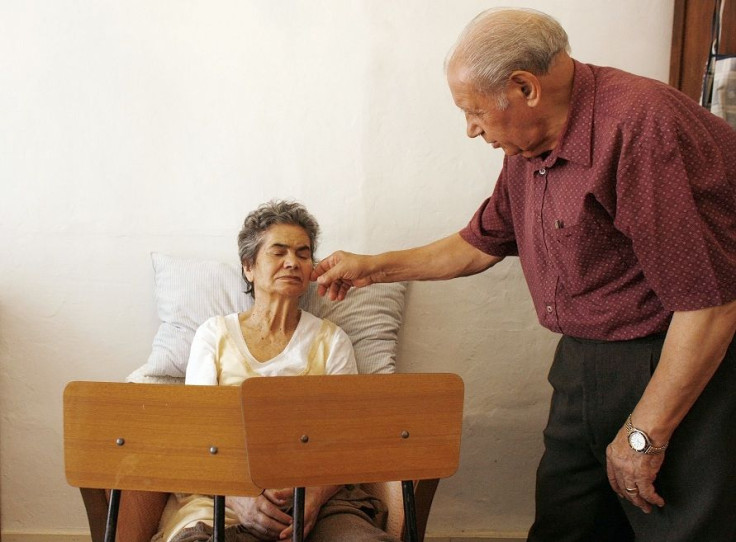Study Finds Signs of Alzheimer’s in Teenagers 20 Years Before Symptoms

In a study published in the journal The Lancet Neurology, scientists have revealed that they may be able to diagnose and treat Alzheimer's disease as early as 20 years before sufferers begin exhibiting symptoms.
The small study was conducted on 44 people between the ages of 18 to 26. Of the whole group, 20 had a genetic marker on the presenelin-1, or PSEN1, gene. These individuals had families in which Alzheimer's disease runs in the family, and the devastating illness normally takes effect by their mid-40s, well before the advanced years typical for developing the condition. The other 24 people, the controls, had no such family history and no genetic marker.
Researchers from the Banner Alzheimer Institute performed brain imaging and other tests on the participants, who had been contacted using the Alzheimer's Prevention Initiative Registry in Colombia. Researchers found that even in patients as young as 18, their brains showed increased activity in certain portions of their brain, less gray matter in other areas, and increased beta amyloid protein in the fluid surrounding the brain and spine. The beta amyloid protein is crucial in the development of Alzheimer's disease.
Researchers said that their findings would not help them diagnose Alzheimer's disease earlier, because these particular patients all had the markers that showed that they would likely receive the disease. However, they said that it would help them provide treatment earlier. Though there is no cure for the disease, certain medications can help delay the onset of symptoms, though the drugs only work for a limited amount of time, like for a year. The finding will hopefully spur a race to find drugs that can slow the progression of the disease, though doctors would still need to debate about how early the drugs can be administered while remaining effective.
It is not surprising that researchers can pinpoint Alzheimer's disease in the brain decades before these individuals would display symptoms. Previous research had found damage 10 to 15 years before symptoms appeared. Normally, by the time patients start exhibiting symptoms, they have already lost as much as 20 percent of their brain cells. If patients have degenerated too far, there is very little that doctors can do.
Published by Medicaldaily.com



























